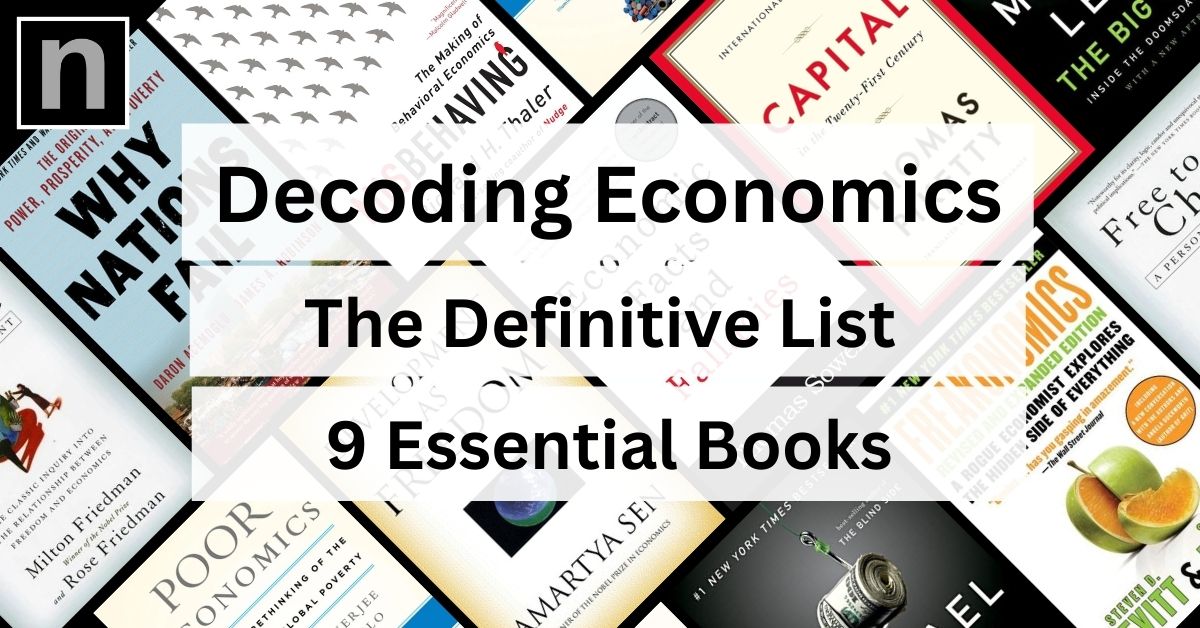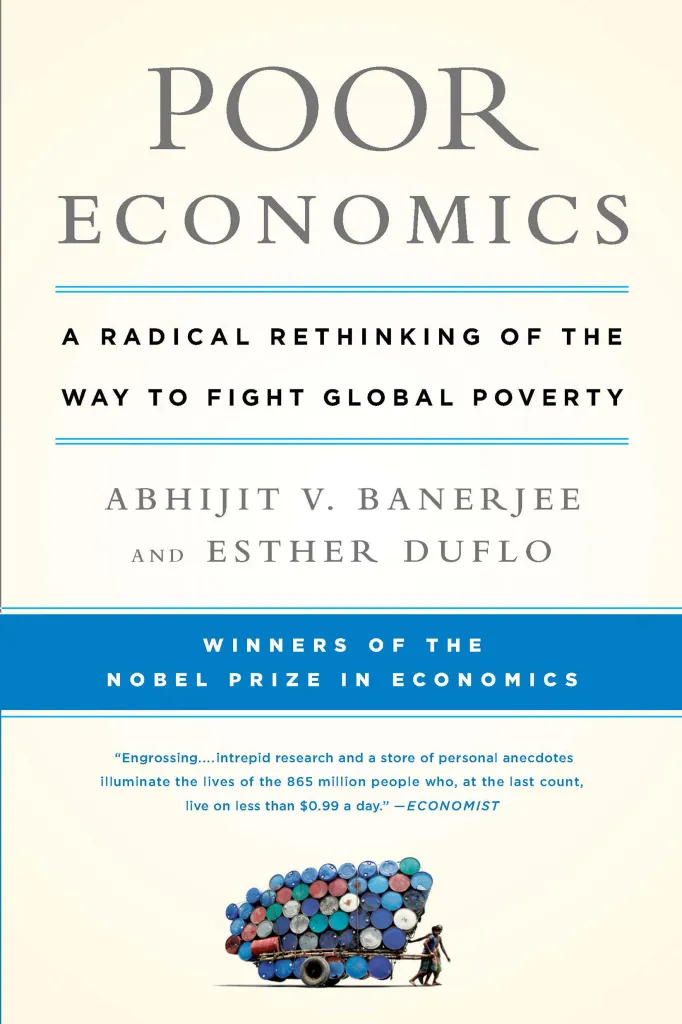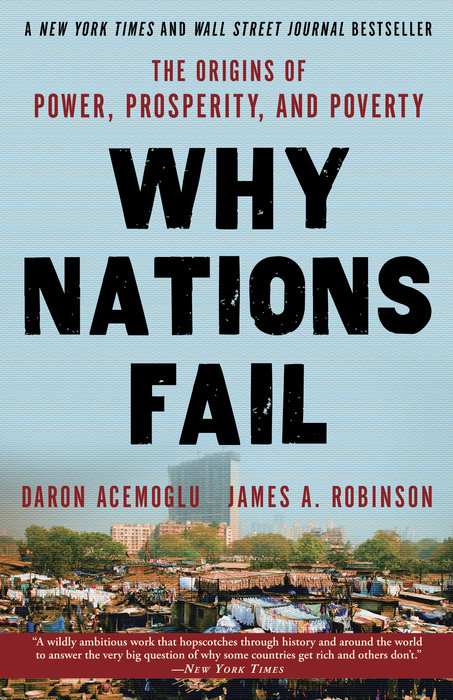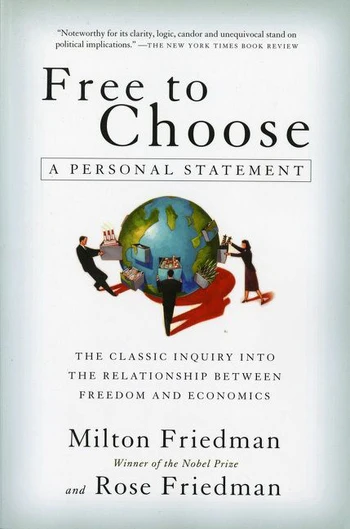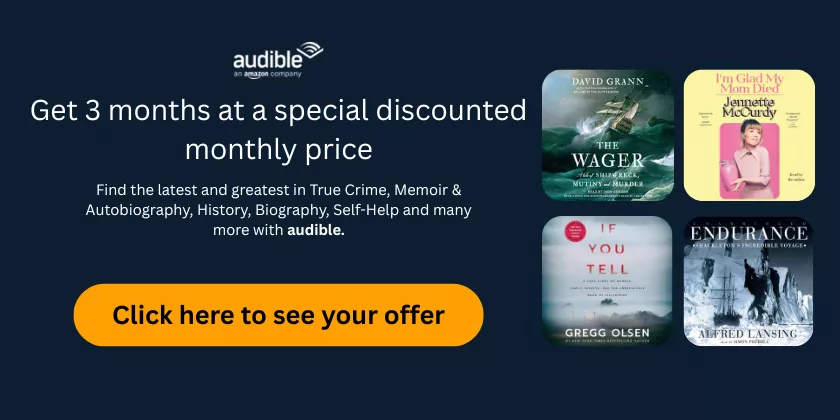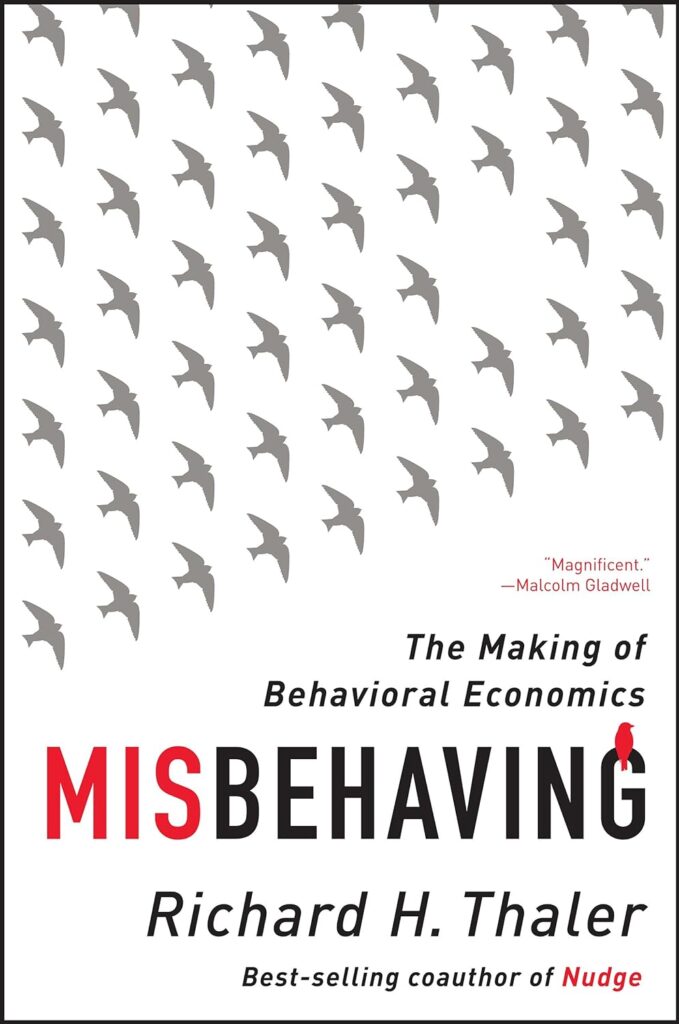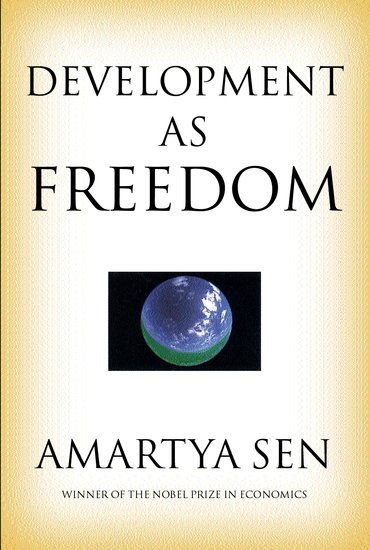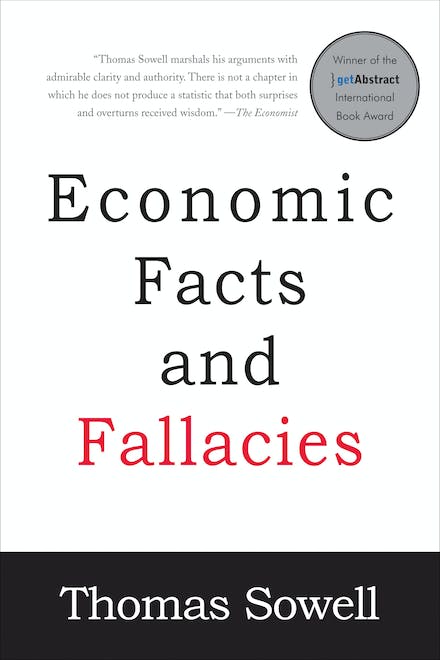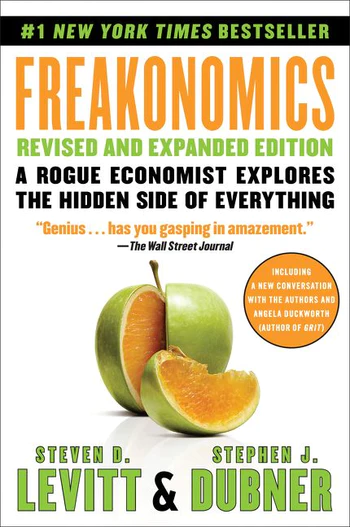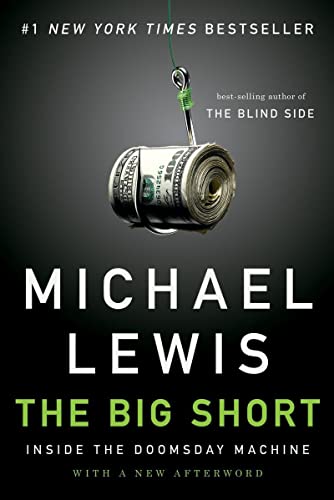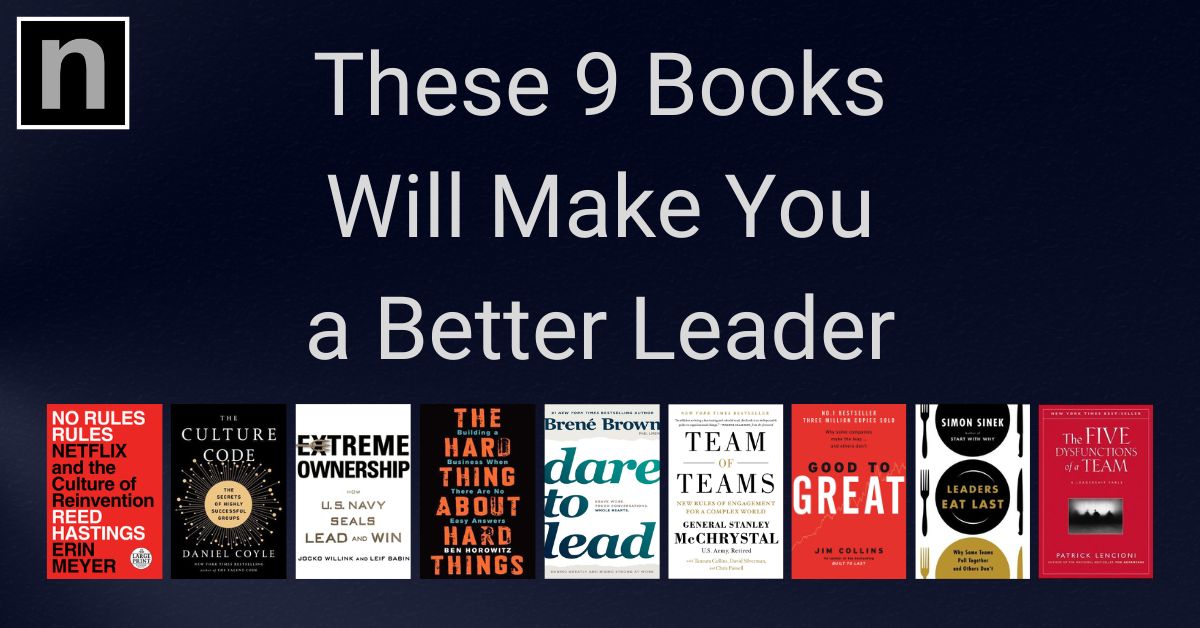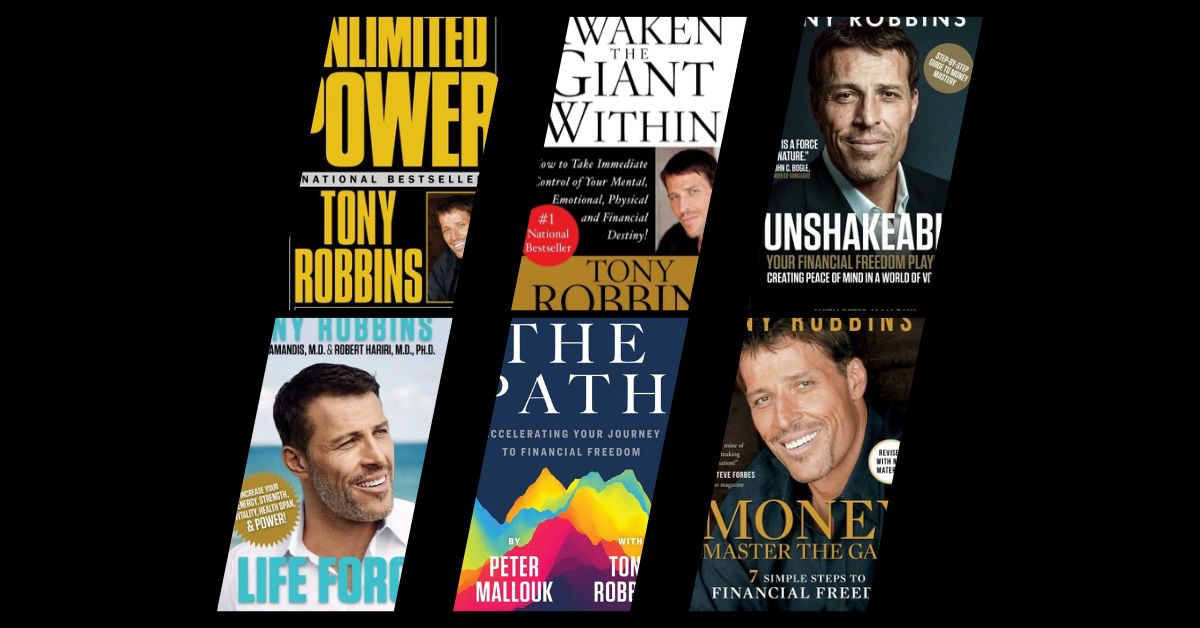
Economics, often perceived as a dry and complex subject, is, in essence, the study of human behavior and its relationship to resource allocation. Understanding economic principles is crucial for comprehending the world around us, from the decisions we make as individuals to the policies that shape nations.
If you’re eager to learn the more fascinating world of economics, here are 9 must-read books that will broaden your understanding and challenge your perspectives.
This page contains affiliate links. If you make a purchase using links on this page, we may earn a commission.
Poor Economics by Abhijit V. Banerjee and Esther Duflo
A Radical Rethinking of the Way to Fight Global Poverty
Published in 2011
Nobel laureates Abhijit V. Banerjee and Esther Duflo challenge conventional economic thinking in “Poor Economics,” presenting insights from global field research on why the poor make seemingly counterintuitive choices. The book offers a radical reevaluation of poverty economics and provides an intimate view of life on a meager budget, emphasizing the importance of understanding the daily decisions of the poor to address poverty effectively.
Why Nations Fail by Daron Acemoglu and James A. Robinson
The Origins of Power, Prosperity, and Poverty
Published in 2012
Why Nations Fail by Daron Acemoglu and James Robinson challenges the centuries-old question of why some nations are rich while others are poor. They argue that it’s not culture, weather, or geography, but rather man-made political and economic institutions that determine a nation’s success.
Free to Choose by Milton Friedman
A Personal Statement
Published in 1980
While first published in the 1980s, the issues discussed by Milton and Rose Friedman about the erosion of freedom and economic challenges due to government intervention remain relevant today. The ongoing debates about the role of government, regulations, and their impact on economic health make their insights pertinent to contemporary discussions. The book’s examination of the relationship between economics and freedom continues to offer perspectives that resonate with current events and policy considerations.
Misbehaving: The Making of Behavioral Economics by Richard H. Thaler
Published in 2015
Exploring phenomena like the ‘endowment effect‘ and ‘opportunity cost,’ Misbehaving presents insightful findings through engaging stories, data, and experiments. Thaler, a founding figure in behavioral economics, guides readers on avoiding costly mistakes in their lives.
Development as Freedom by Amartya Sen
Published in 1999
Development as Freedom offers enduring insights into the intersection of economics, development, and individual freedoms, making it a valuable read for anyone interested in the social dimensions of progress and well-being.
Economic Facts and Fallacies: 2nd edition by Thomas Sowell
Published in 2011
In Economic Facts and Fallacies, Thomas Sowell debunks widely held misconceptions about economic issues in an accessible and engaging manner, suitable for readers without prior economic knowledge. Addressing fallacies on topics like urban problems, income differences, gender economic disparities, academia, race, and Third World countries, Sowell highlights the plausibility that sustains these fallacies, emphasizing the importance of careful examination to uncover their flaws.
Freakonomics by Steven D. Levitt and Stephen J. Dubner
A Rogue Economist Explores the Hidden Side of Everything
Published in 2005, Revised and Expanded 2020
Freakonomics by Steven Levitt and Stephen J. Dubner, explores unconventional and thought-provoking questions about human behavior and economic incentives. Through engaging examples and stories, the authors challenge conventional wisdom and reveal unexpected connections between seemingly unrelated phenomena. The book covers a wide range of topics, from crime rates and parenting to sumo wrestling and school performance. It encourages readers to think differently about the world and the factors that influence decision-making and societal outcomes.
The Big Short by Michael Lewis
Inside the Doomsday Machine
Published in 2010
The Big Short is an engaging economics book that unravels the complexities of the 2007-2008 financial crisis. It follows a group of investors who foresaw the crisis and profited by betting against the housing market. The book offers insights into the flaws of the financial system and the intricacies of the subprime mortgage market, making it a compelling read for those interested in understanding the dynamics of the crisis.
Capital in the Twenty-First Century by Thomas Piketty
Published in 2013
Thomas Piketty’s “Capital in the Twenty-First Century” is hailed as a groundbreaking economics book that may shape the discourse for years. Praised by influential voices like Paul Krugman and The Economist, Piketty’s work analyzes historical data from twenty countries to reveal patterns in wealth accumulation and distribution. The book challenges optimistic post-World War II assumptions about inequality, showing that despite economic growth, deep-rooted structures still contribute to rising inequality. Piketty argues that political action, not economic inevitability, can address these issues. His ambitious and rigorous work reorients our understanding of economic history and provides sobering lessons for the present.
The 9 books recommended in this post will give you a deeper appreciation of the complexities of economics and its profound influence on our lives. Prepare to challenge conventional thinking, broaden your perspectives, and discover the fascinating world of economic principles and their real-world applications.
